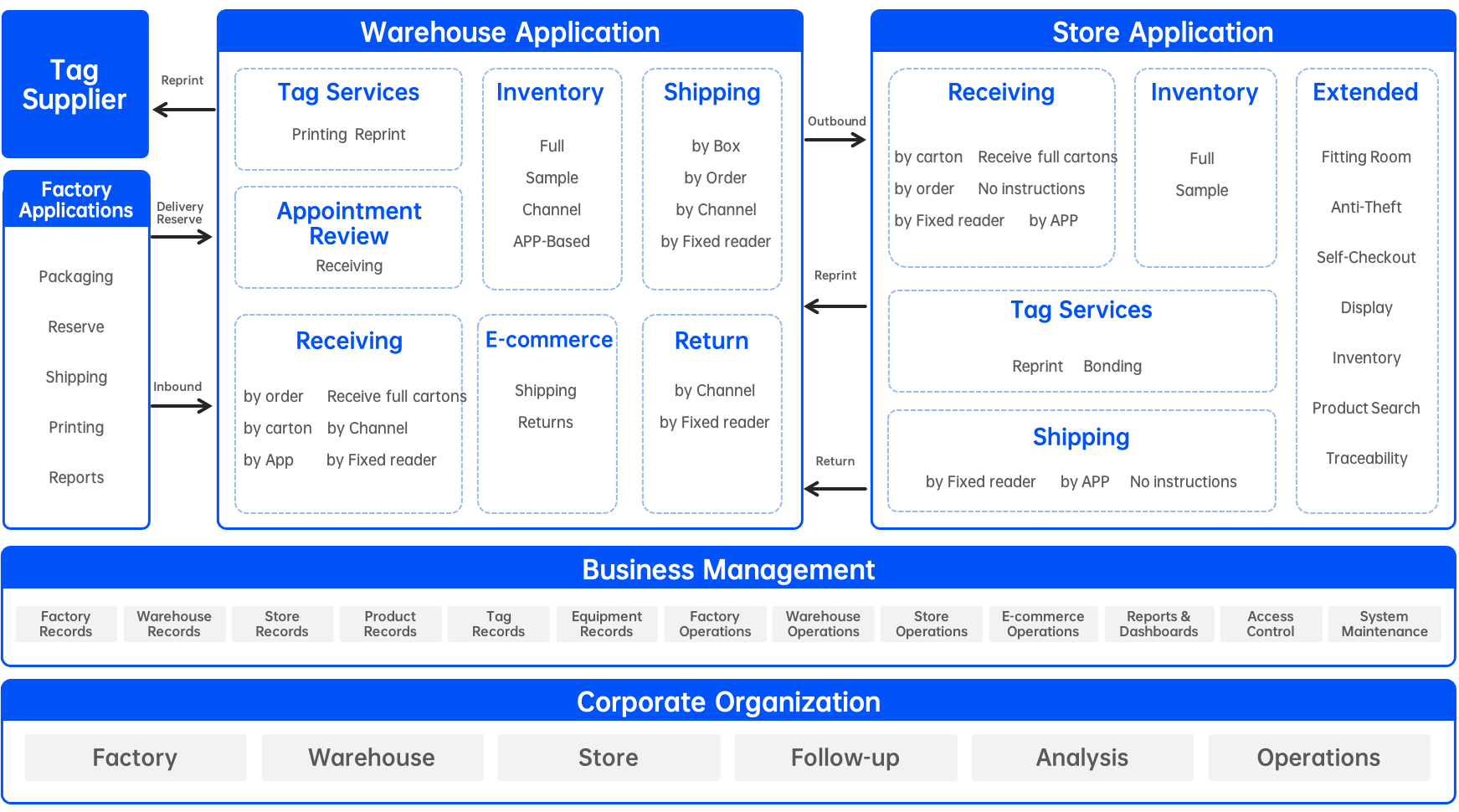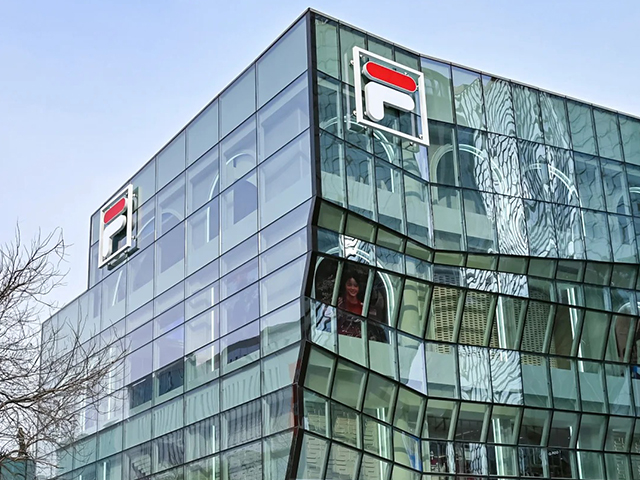Business Challenges
Massive SKUs complicate inventory management.
Manual processes create inefficiencies and errors.
Manual processes hinder efficiency.
Stores need refined management.
Massive SKUs complicate inventory management.
Lingerie's diverse styles, sizes, and colors create a vast SKU count, making manual tracking error-prone. This often leads to overstock or shortages, driving up costs.
Manual processes create inefficiencies and errors.
Data flow relies on manual entry and cross-system transfers, slowing operations and causing mistakes. For example, disconnects between stores and warehouses delay restocking, missing sales opportunities.
Manual processes hinder efficiency.
Tasks like receiving, shipping, and inventory checks lack automation. Manual records are error-prone and slow, delaying data updates and distorting stock insights—hurting procurement and sales decisions.
Stores need refined management.
Lingerie shoppers demand high-touch fitting experiences, but stores lack data-driven selection and display strategies, failing to meet personalized needs and hurting repeat purchases.
Solutions
Unique Product Identity & Traceability
Link RFID tags to product data for accuracy and traceability.

End-to-End Data Infrastructure
Deploy RFID devices across production, warehousing, and retail for seamless coverage.

Smart Data Integration
Develop RFID systems for tag, warehouse, and store management, integrated with existing platforms.


Value Delivered
Factory:Data-driven workflows reduce stockouts and overstock.
Warehouse:Streamline inventory checks and reduce manual work.
Store: Faster operations save time and labor.

Omnichannel:Unify online and offline sales.
Supply Chain:Agile response to market changes.
D2C:Build trust through product traceability.

Consumer Behavior: Analyze RFID data for preferences.
AI Decisions:Enhance precision in planning.
Trend Leadership:Innovate for unique customer experiences.














